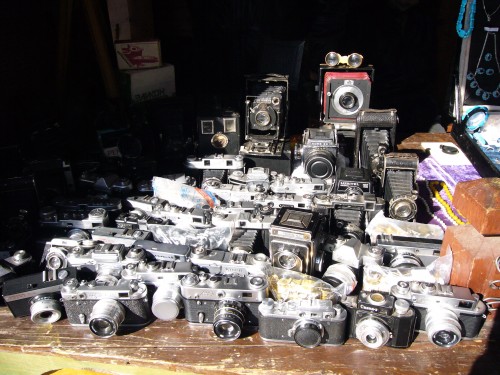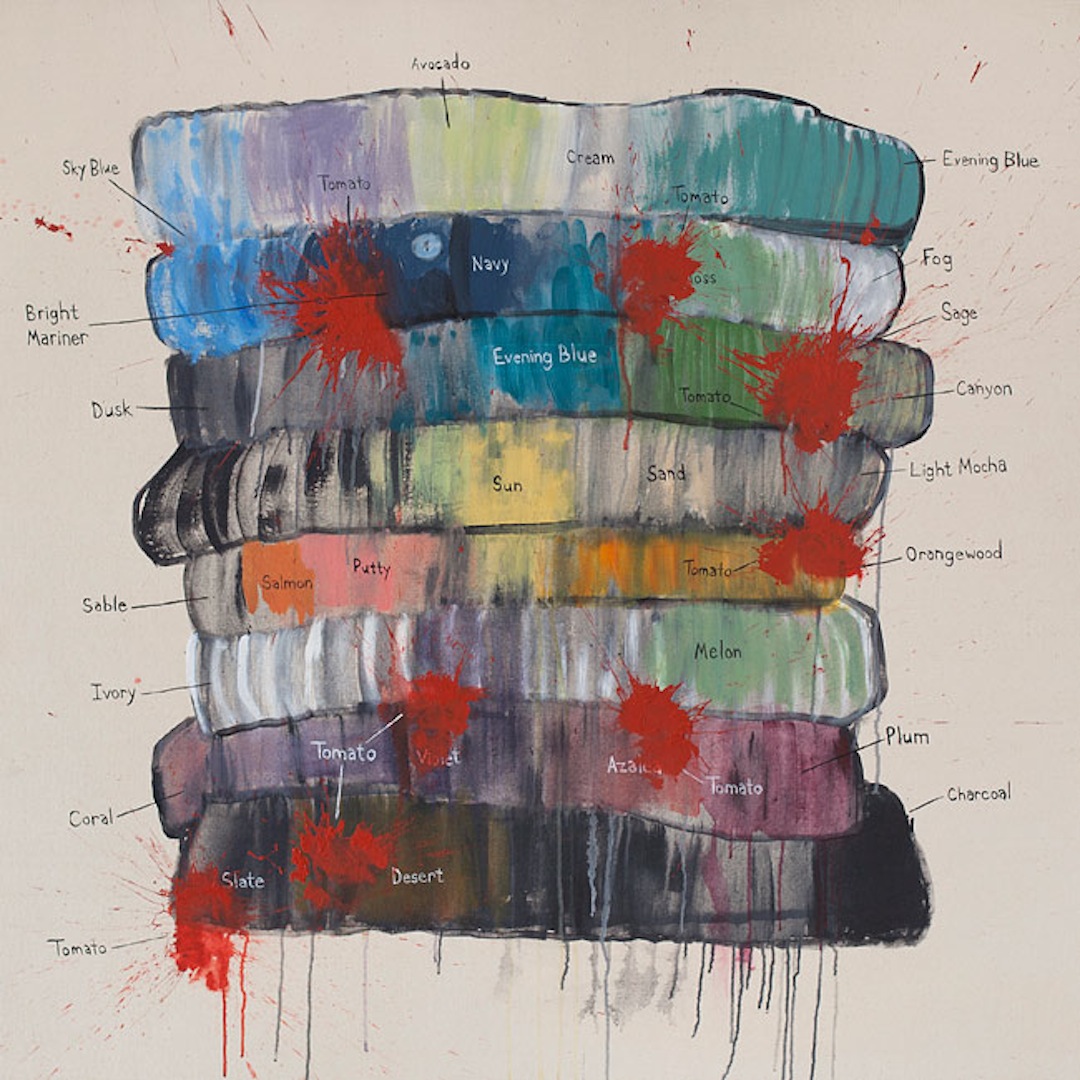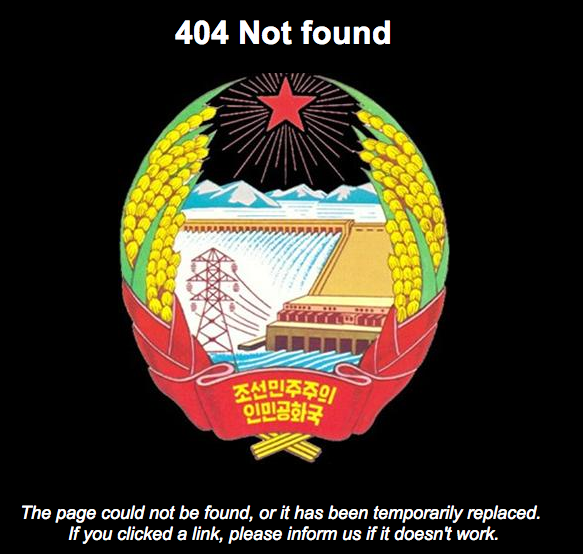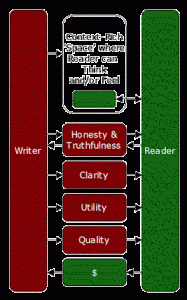Requited Journal #6
As the nonfiction & reviews editor of the online journal Requited, it’s my pleasure to announce that Issue 6 just went live. In the Essays section you’ll now find:
- an autobiographical comic by Keiler Roberts (Powdered Milk Volume 5);
- a video essay by Julianne Hill (“So, Mary?”);
- and interviews with Robert Ashley, Vanessa Place, Rosmarie Waldrop, and Curtis White regarding the materials and habits of their respective writing practices (see the introductory note here).
There’s also a new review: Jeff Bursey‘s take on J. Robert Lennon’s story collection Pieces for the Left Hand.
And much more!
A Debate!

In keeping with time-honored holiday tradition, Chris Higgs and I are going to spend it arguing. We’re currently conducting a debate (via Google Docs), which we’ll begin posting in several parts come January.
Our starting point: “What is experimental fiction?”
Add your own thoughts in the Comments Section…
Gordon Lish, 1986

A former professor of mine recently gave me a copy of StoryQuarterly 21: Stories from the Gordon Lish Workshops (edited by J.D. Dolan). I don’t want to excerpt too much, but here are some words from Lish:
“This feels good. I tell you, it feels good to have my hands on this forum, and I am not going to let the moment get away from me without my offering a remark or three….I tell you, I take such delight in them all, in all these students, in all these writers, that I’d like to sit here and start reciting names–this in the exorbitant spirit of the madman who thinks the mere calling out of the entries in a list must offer to all who hear an invitation to war.”
What We Are Owed
Thoughts on the question: Does a writer owe anything to their readers?
1. A blind item: A writer I think is really talented and original capable of making amazing things severely disappoints me with his current work. I want him to go back to the stuff he wrote near(ish) the beginning of his career. I usually read any of the new work, hoping for the old work to have come back, somehow.
1 a. This new writer-I-don’t-like-so-much came along and ate the writer-I-liked-a-lot. He swallowed him whole. It’s over. Sometimes I tell myself, “go read something else or write something better.”
1 c. I think about a good friend’s adorably woeful expression after she completed Lorrie Moore’s A Gate At The Stairs. “Don’t even think about reading it. Don’t put yourself through what I did,” she said. This friend loved every other word Lorrie Moore had ever written. A “bad” novel feels, somehow, like a personal insult.
2. Some writers say that the minute you think of your audience you’ve stopped writing.
3. A few readers acted as if Ben Marcus had personally come to their home and punched them in the face when he published a story in The New Yorker that didn’t look much like their favorite Ben Marcus stories.
4 a. Other writers think you must consider the reader, that you owe those eyes something.
4 b. So there is a distinction between the “reader” and the “audience,” and the message would be, don’t consider the audience, but do consider the reader? Are we asking writers, then, to be in a more personal relationship with a faceless reader rather than be aware of what an audience, on average, might be expecting?
4 c. How does one make a bridge to those eyes moving across the page, the unspeaking mouth, the concentrated mind?
4 d. And can one consider the reader too much?
5 a. I once was at an author’s reading and there were questions at the end and a woman who had been sitting in the front row and staring hard at the author (I assumed it was some encouraging friend) asked a question that turned into a profuse and unyielding compliment that then turned to a love song that turned into an extended awkward moment while the woman asked the author, “How do you cope with it– telling stories so personal and touching people so directly?” Someone said she had a prozac quiver in her voice and I thought she was going to explode with tears.
5 b. The author just said he doesn’t, that it wasn’t his problem. He puts it out there and you turn it into whatever you want.
(Eggs and Bacon): The Poem as Memoir?

What is memoir in poetry? We read prose memoirs and see how lives are stretched taut around themes: a chronology of water, a debilitating illness, a drug addiction, a nomadic childhood, a strange religion, insomnia-driven thinking. Themes become umbrella girding; living, the fabric that fills it out. But where does poetry fit into memoir? We could think about the confessional in poetry and say, yes this is the place where poetry and memoir meet. Plath on suicide attempts: “I have done it again. / One year in every ten / I manage it–” or Lowell, “My mind’s not right…I myself am hell.” Depression and mania are easily encapsulated states of being, but all poets write their lives, confessional or not. When Simic writes, “My mother was a braid of black smoke,” we assume he’s not writing fact-truth. Maybe he’s writing dream truth or metaphor truth. Maybe he’s just writing, and I’m extrapolating.
I started thinking about this when a poem of mine called “Man Builds a Guitar” went up online recently. It’s basically a persona poem in Jack White’s voice. I wrote it after watching the documentary It Might Get Loud and not being able to shake Jack White’s weird tinkering and instrument making from my head. So, it’s a persona poem, but it embodies themes and emotions I was thinking about at that particular moment in time. When I say, “I heard everything disappearing” what I meant was that my marriage was over and life as I knew it was evaporating in front of my eyes. I’m using the imagery of my childhood in the South and the sounds that take me back there to get at the particulars of silence-after-a-storm. This is a memoir poem even though it’s a persona poem. I mean, I don’t know Jack White, but I know me.
Matt Hart has a poem called “Sailing the Gut Boat,” that begins, “I made you a thing with no tongue / and gallons of new-fangled fog. I made you / a thing with nothing and nobody—not even / a surrealist screaming into an atlas….” Hart reminds us that you can fashion people and events into whatever you want (a nothing, even) on the page, but the truth of them still remains behind that fashioning.
Or take a short couplet poem, “Future,” by Emily Kendal Frey:
THE TRANSPARENCY OF CAPITAL
(hat tip to “kashi butterfield”)
A ham is proud of cocoanut.
A CLOTH.
Enough cloth is plenty and more, more is almost enough for that and besides if there is no more spreading is there plenty of room for it. Any occasion shows the best way.
….
A TIME TO EAT.
A pleasant simple habitual and tyrannical and authorised and educated and resumed and articulate separation. This is not tardy.
….
APPLE.
Apple plum, carpet steak, seed clam, colored wine, calm seen, cold cream, best shake, potato, potato and no no gold work with pet, a green seen is called bake and change sweet is bready, a little piece a little piece please.
A little piece please. Cane again to the presupposed and ready eucalyptus tree, count out sherry and ripe plates and little corners of a kind of ham. This is use.
[from Tender Buttons by Gertrude Stein]




